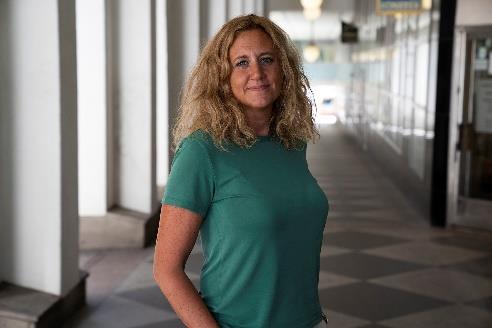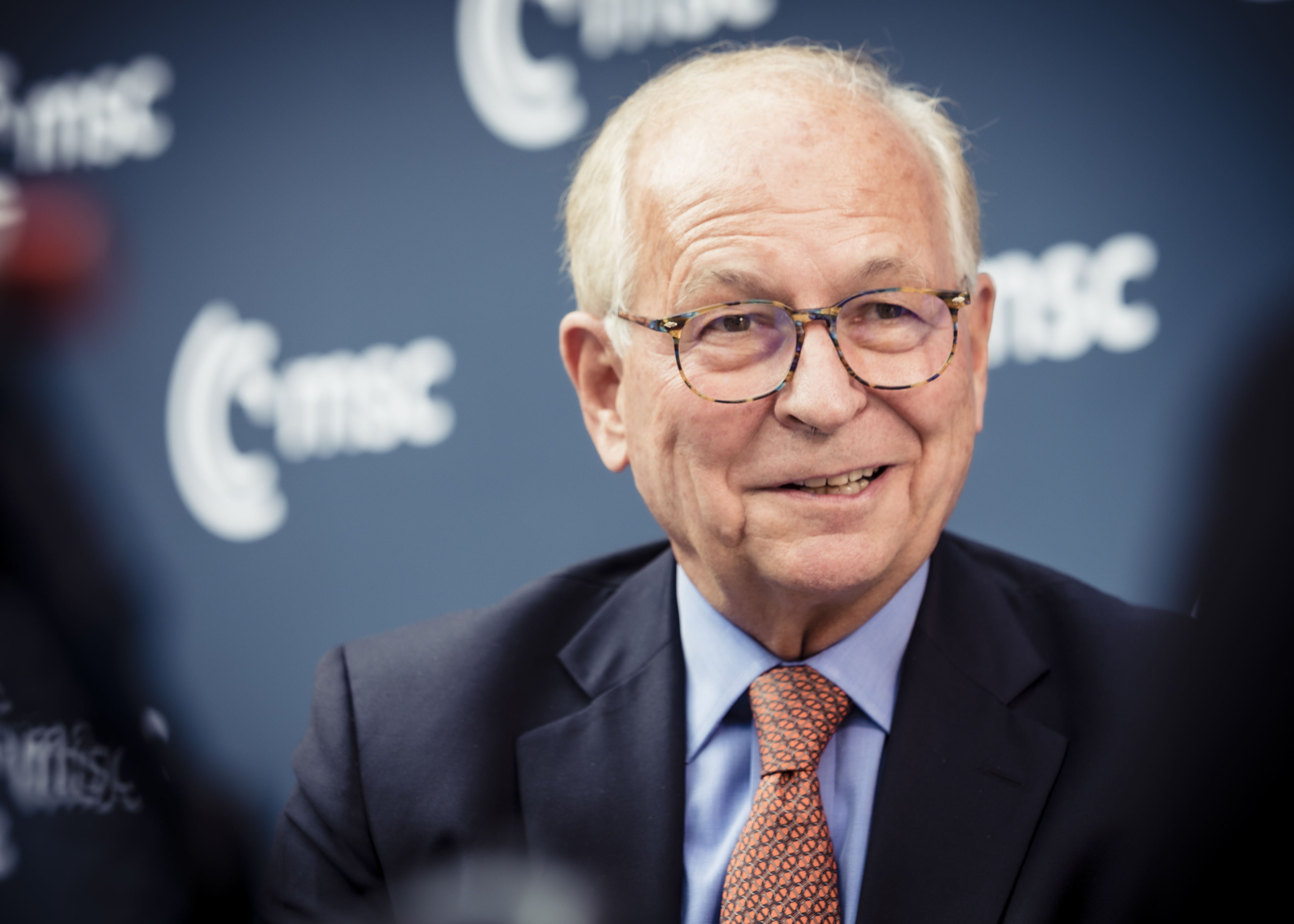
18 November 2020 13:30–14:45 (CET)
This panel will be live streamed on SIPRI's YouTube channel.
For the past decade, intrastate crises and interstate conflicts have been rife in the OSCE region. Ongoing conflict in eastern Ukraine, escalating violence in Nagorno-Karabakh, recent unrest and government protests in Belarus as well as in Kyrgyzstan are examples of the numerous crises marring stability and security in the OSCE area. While facing internal challenges, the question remains: Is there still potential for the OSCE to play an impactful role in conflict management in the region? The session will aim to provide a better understanding of the current situation, the challenges and the opportunities for the future of the OSCE.
The webinar will address the following questions:
- Is the OSCE achieving its full potential in those areas where it is engaged in conflict resolution and management? What are its strengths and how can these be reinforced?
- How can the OSCE make better use of its autonomous institutions, with mandates that cover early warning and oversee that participating states live up to their commitments, on, for example, fundamental rights and freedoms?
- With a new administration on its way in the United States, is there any way for the OSCE to harness new momentum for confidence building, military transparency and risk reduction?
Moderator
|
|
Ambassador Petra Lärke Ambassador Lärke is Head of Task Force for Sweden’s Chairpersonship of the OSCE during 2021. Before taking on the role of heading the Swedish preparations for the chairpersonship in March 2020, Ambassador Lärke served as Deputy Head of Department for European Security Policy at the Ministry for Foreign Affairs of Sweden, a position she held since 2016. Before that, Ms Lärke served as Head of Division for Eastern Europe at the Department for Eastern Europe and Central Asia at the Swedish MFA (2013-2016). Between 2011 and 2013 she served at the Prime Minister’s office, as an adviser in the International Affairs and EU Department. |
Discussants
|
|
Ambassador Jan Eliasson Ambassador Jan Eliasson is a Swedish diplomat and, as of 1 June 2017, the Chair of the SIPRI Governing Board. He was Deputy Secretary-General of the United Nations from July 2012 to December 2016 and Sweden's Minister for Foreign Affairs in 2006. Furthermore, he was President of the 60th session of the UN General Assembly in 2005–06; the UN Secretary-General’s Special Envoy for Darfur in 2007–08; the first UN Under-Secretary-General for Humanitarian Affairs, 1992–94; and participated, 1980–86, in the UN mission mediating in the Iran–Iraq War, which was headed by former Prime Minister Olof Palme of Sweden. |
|
|
Ambassador Wolfgang Ischinger Ambassador Ischinger has been Chairman of the Munich Security Conference (MSC) since 2008. A German career diplomat, he was State Secretary (Deputy Foreign Minister) from 1998 to 2001. From 2001 to 2006, he was the Federal Republic of Germany's Ambassador to the U.S., and from 2006 to 2008, to the Court of St James’s. He is a Senior Professor at the Hertie School of Governance, Berlin, and serves on the boards of companies as well as non-profit-institutions, including Atlantik-Brücke/Berlin, the American Academy/Berlin, and the Atlantic Council of the United States/Washington D.C. |


